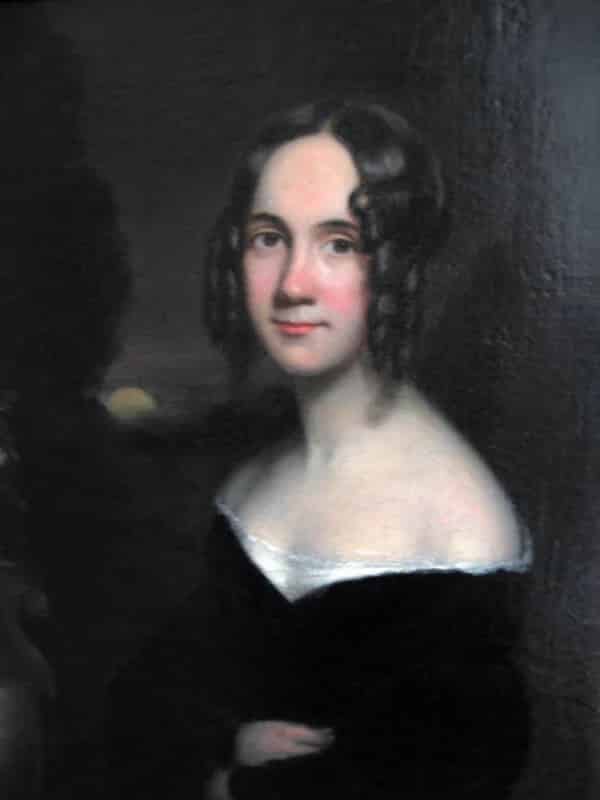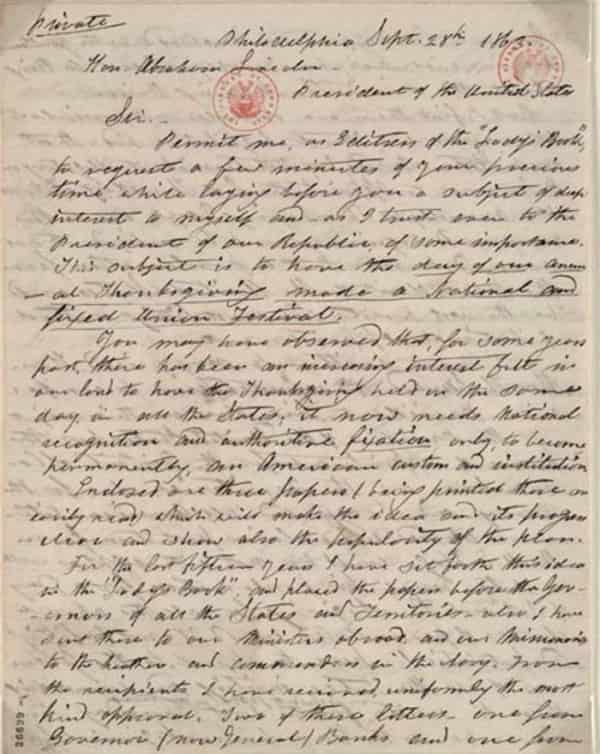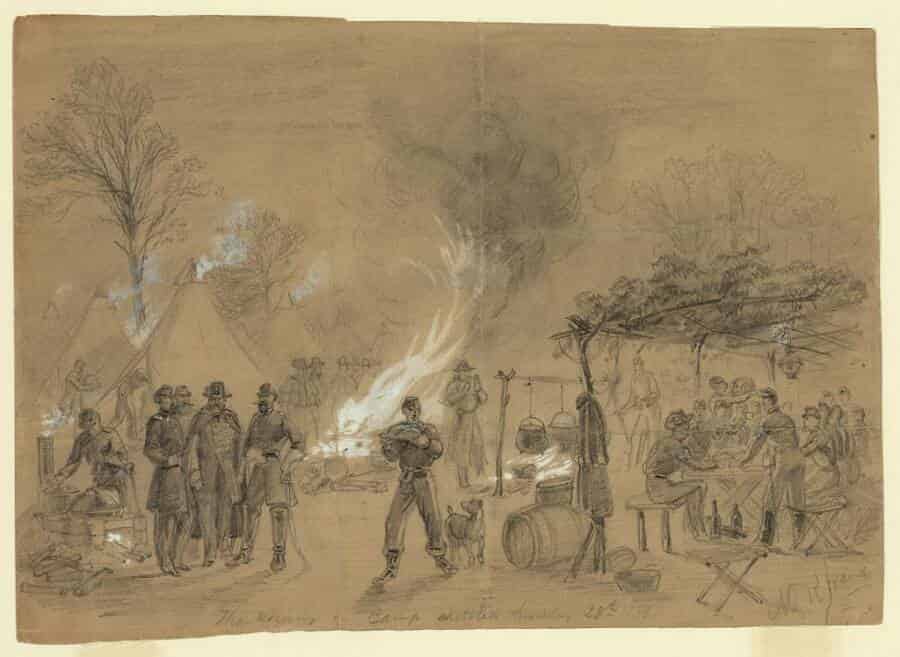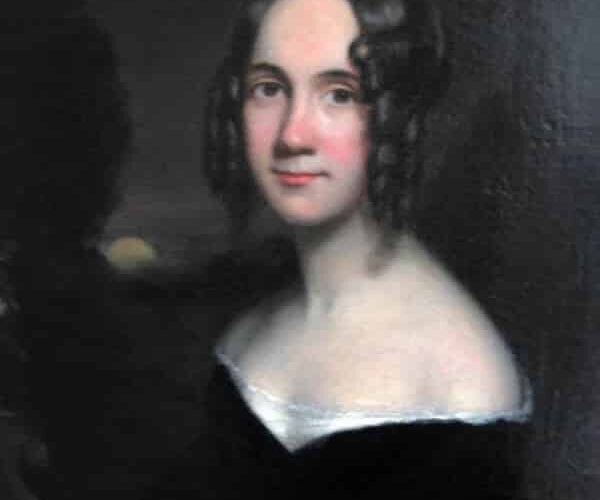The Forgotten Story Of Sarah Josepha Hale: The Woman Who Made Thanksgiving A National Holiday

In 1863, President Abraham Lincoln declared Thanksgiving a national holiday, calling it “a Day of Thanksgiving and Praise.” What many people don’t know is that this decision came after a heartfelt letter from Sarah Josepha Hale, a magazine editor with a mission to unite the nation.
Before Hale’s campaign, Thanksgiving was celebrated mainly in New England. Each state chose its own date, and the holiday was almost unknown in the South. But Hale saw the potential for Thanksgiving to bring Americans together. Her efforts spanned decades, and she used her platform as the editor of Godey’s Lady’s Book to spread her vision.
Sarah Hale’s Early Life And Career
Sarah Josepha Hale was born on October 24, 1788, in Newport, New Hampshire. Her family valued education, and she learned from her brother, who attended Dartmouth, as well as from her mother. The family often discussed academic topics, fostering Sarah’s curiosity and intellect.
As a young woman, Sarah became a schoolteacher and married David Hale. Unfortunately, David passed away in 1822, leaving Sarah a widow with five children. To support her family, she turned to writing. Her first collection of poems, *The Genius of Oblivion*, was published in 1823. Four years later, her novel *Northwood: Life North and South* gained attention, not only for its storytelling but also for its praise of Thanksgiving as a unifying holiday.
Her career continued to flourish. In 1829, she published *Poems for Our Children*, which included the famous nursery rhyme “Mary’s Lamb,” better known today as “Mary Had a Little Lamb.” This rhyme became so popular that it was the first audio recording played on Thomas Edison’s phonograph in 1877.
Championing Thanksgiving
Hale’s passion for Thanksgiving began with her 1827 novel, where she declared, “We have too few holidays. Thanksgiving, like the Fourth of July, should be a national festival observed by all the people.” She believed the holiday could teach Americans about gratitude and patriotism.
As editor of Godey’s Lady’s Book, Hale had a powerful platform to influence American culture. She encouraged readers to celebrate Thanksgiving by publishing poems, recipes for roast turkey and pumpkin pie, and articles promoting the holiday. Her efforts continued for over 30 years, during which she wrote letters to presidents and politicians, urging them to establish Thanksgiving as a national holiday.
Thanksgiving During The Civil War
In 1861, the Civil War divided the nation. Hale saw Thanksgiving as an opportunity to promote unity. She wrote editorials encouraging Americans to set aside their differences and celebrate the holiday together. However, Thanksgiving celebrations remained inconsistent. Some Northern states declared days of thanks, while in the South, the holiday was largely ignored or even criticized as a “Yankee” tradition.
Hale’s determination never wavered. In September 1863, she wrote a letter to President Abraham Lincoln, urging him to declare Thanksgiving a national holiday. She argued that such a day would be “fitting and patriotic” during the ongoing Civil War, serving as a “Union Festival of America.” She also suggested that Thanksgiving be held on the last Thursday of November.

Lincoln’s Proclamation
Lincoln was moved by Hale’s letter. He and Secretary of State William Seward discussed the idea and agreed it was time to establish Thanksgiving as a national holiday. On October 3, 1863, Lincoln issued a proclamation, declaring the last Thursday of November a national day of thanksgiving. In his proclamation, Lincoln emphasized the importance of gratitude, even amid the hardships of the Civil War.
Hale’s decades-long campaign had finally succeeded. Thanksgiving became a unifying tradition for Americans, celebrated across the country.
Why Is Sarah Hale Forgotten?
Despite her significant role in making Thanksgiving a national holiday, Sarah Josepha Hale’s story is not widely known. One reason may be her belief in the “quiet influence” of women. While she advocated for women’s education and employment, she opposed giving women the right to vote and believed their contributions should remain behind the scenes.
Hale retired in 1877 and passed away two years later in Philadelphia at the age of 90. She never sought credit for her role in establishing Thanksgiving, and her legacy became overshadowed by other aspects of American history.
Hale’s Enduring Influence
Today, Thanksgiving is a cherished American holiday. Families gather to share meals, express gratitude, and enjoy traditions like turkey and pumpkin pie. Though her name is often overlooked, Sarah Josepha Hale’s efforts have left a lasting impact. Her vision of Thanksgiving as a unifying national holiday has become a cornerstone of American culture.
Every November, as people across the country give thanks, they unknowingly honor the woman who made it all possible. Sarah Josepha Hale’s story is a reminder of how one person’s determination can shape a nation’s traditions.

FAQ About Sarah Josepha Hale and Thanksgiving
Who was Sarah Josepha Hale?
Sarah Josepha Hale was a 19th-century American writer, editor, and activist. She is best known for her role in making Thanksgiving a national holiday and for writing the famous nursery rhyme “Mary Had a Little Lamb.”
Why is Sarah Josepha Hale important to Thanksgiving?
Hale campaigned for over 30 years to make Thanksgiving a national holiday. She used her influence as the editor of Godey’s Lady’s Book to promote the holiday through articles, poems, and recipes. Her letter to President Abraham Lincoln in 1863 played a pivotal role in his decision to declare Thanksgiving a national holiday.
When did Thanksgiving become a national holiday?
President Abraham Lincoln declared Thanksgiving a national holiday on October 3, 1863, during the Civil War. He set the last Thursday of November as a day of national gratitude and unity.
What inspired Hale’s campaign for Thanksgiving?
Hale believed that Thanksgiving could unite the nation and promote gratitude and patriotism. In her 1827 novel Northwood, she described Thanksgiving as a celebration that should be observed by all Americans, much like the Fourth of July.
How did Sarah Josepha Hale influence American culture?
As the editor of *Godey’s Lady’s Book*, Hale had a significant impact on 19th-century American culture. She promoted women’s education, supported historical preservation efforts like saving George Washington’s Mount Vernon, and shaped domestic traditions, including Thanksgiving.
Why is Sarah Josepha Hale not widely remembered today?
Hale’s preference for women’s “quiet influence” and her opposition to women’s suffrage contributed to her being less celebrated in modern times. She never sought public credit for her role in establishing Thanksgiving, and her legacy was overshadowed by other historical events and figures.
What role did the Civil War play in Thanksgiving becoming a national holiday?
The Civil War heightened the need for unity in a divided nation. Hale saw Thanksgiving as an opportunity to bring Americans together. Her appeal to Lincoln emphasized the holiday’s potential as a “Union Festival of America,” aligning with the national effort to preserve unity during the war.
What is Sarah Josepha Hale’s legacy?
Hale’s legacy lies in her successful campaign to establish Thanksgiving as a national holiday. She also made lasting contributions to American literature and culture through her writing, editing, and advocacy. Today, Thanksgiving remains a unifying tradition, fulfilling Hale’s vision.
What is the connection between “Mary Had a Little Lamb” and Sarah Josepha Hale?
Sarah Josepha Hale is credited with writing the nursery rhyme “Mary’s Lamb,” later popularized as “Mary Had a Little Lamb.” This poem became one of her most famous works and was the first audio recording played on Thomas Edison’s phonograph.
How can we honor Sarah Josepha Hale’s contributions?
One way to honor Hale’s legacy is by acknowledging her role in making Thanksgiving a national holiday. Sharing her story, celebrating Thanksgiving traditions, and reflecting on the values of gratitude and unity she championed are meaningful ways to remember her contributions.

